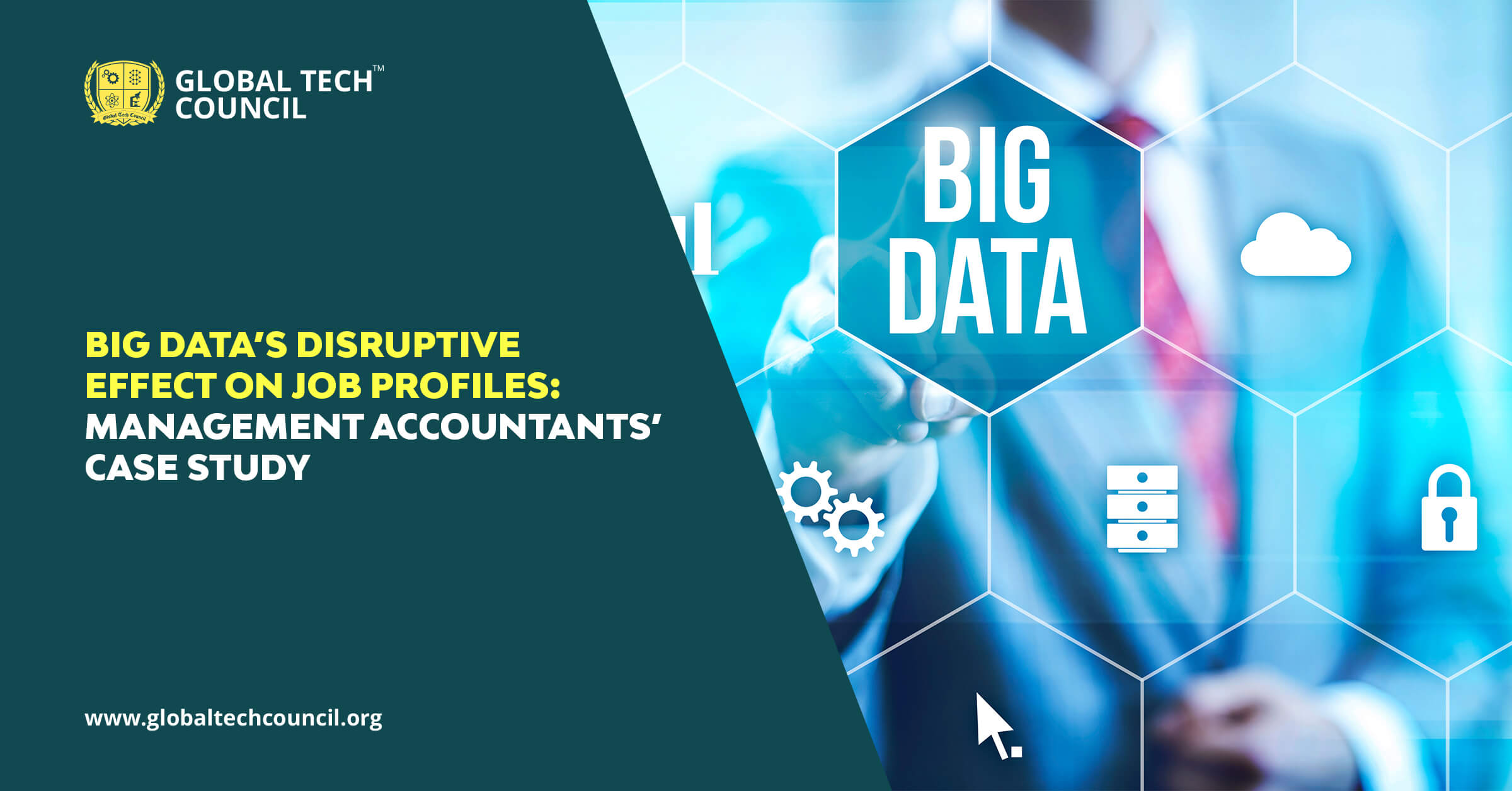
Big data was already hailed as a game-changing technical advancement in recent times. Despite this, we only have a rudimentary grasp of how organizations convert their capacity into practical social and economic benefits. At various stages of study, we perform an in-depth methodical assessment of IS research on the issue and identify six arguments essential to how companies derive insights from big data. We recognize various socio-technical characteristics of big data that impact value realization conducted a systematic review: portability and interconnection.
Extensive data certification has acquired much traction in the academic and commercial worlds as a game-changing technological advancement. Big data is described as enormous amounts of widely varying data created, collected, and analyzed at a greater incidence. As a result, conventional systems struggle to handle these data. Organizations may leverage big data to generate novel insights, goods, and experiences by implementing sophisticated analytics technology.
What is the source of big data?
There is no denying that the globe generates massive volumes of data. However, ‘big data is not simply about quantity. And besides, scientists, as well as businesses like banking, have long had to deal with massive volumes of data. The ‘3 Vs.’ – enormous volumes of data, high-velocity data flows, and a wide variety of data, particularly unstructured and semi-structured data such as text or images – are commonly used to describe big data.
Three elements drive big data to rise in popularity:- increased computer power, new information sources, and architecture for knowledge production. Big data is a significant development not only in and of itself. It has been a substantial facilitator of machine learning advancements in current history, allowing artificial intelligence to increase across a wide range of industries.
- Computing performance
The massive expansion in computing power and space that has enabled the collection and manipulation of whole data sets, irrespective of their size and intricacy, is the game-changer of big data. The cloud processing paradigm also allows the widespread distribution of big data. This is typically characterized in the perspective of exponential expansion in computer capacity. Cloud computing is built on the concept of pooling and distributing computer resources throughout a company or among a group of clients.
- Infrastructure
As shown by movements like crowdsourcing and open-source technology, internet technology has permitted new cooperation and knowledge production forms. This sharing of information has drawn together new groups and resulted in surprising discoveries in data. Innovations have occasionally come from the best extensive data certification courses with no prior knowledge of the subject but can detect patterns in data. Other times, discoveries have come from professional developers who have a thorough understanding of the area and have solved issues using relatively simple data approaches. However, the digital environment’s adaptability allows for all types of new information exchange and production.
- Sources of information
Increases in computer power have made it feasible to gather and analyze data from a variety of different sources, including the following:
• Clickstream information, such as queries, sites visited, including items seen, and also actual purchases, are available on the internet.
• New forms of data have emerged as a result of social media, such as status updates, opinions, likes, photographs, videos, even contact networks.
• Mobile technology makes it easier to obtain social media, the internet, and new data on people’s whereabouts.
• The release of vast volumes of primarily public sector data, like geospatial data, transportation data, etc., is referred to as open data.
How will this Effect Accountants?
Accounting activities are data-driven. As a result, advancements in the capacity to acquire, save, analyze, display, and exchange data will significantly impact how accountants operate. The accountancy profession may now use new data abilities to boost decision-making throughout organizations significantly. There are several instances of big data being used to gain new insights into organizations, focus efforts on areas of highest risk, plus enhance forecasting and prediction throughout the profession.
Companies that work with big data
Many organizations are unsure where, to begin with data, extensive data. Smaller organizations, especially, may find the idea of big data to be useless since they do not have a lot of data. However, they may well have a large amount of data yet have difficulty determining what is relevant. This is complicated because data’s true worth is often derived from recycling or mixed with other data. While experimenting with data and observing what emerges out of it might be beneficial, experts recommend starting by establishing significant business issues, particularly for organizations that are just starting up with big data.
As soon as the queries are defined, management may discover all available data providers that could assist the company in answering those questions. Most of them might be existing internal or external data sources. Many of the data might not even currently exist. However, it may be quickly gathered by modifying systems or procedures. Some data may necessitate longer-term preparation, necessitating a cost-effective assessment.
Conclusion
The expansion of computer capacity, our ability to gather, save, and apply advanced software to data from various new sources, and creative ways to share and improve our knowledge are all driving the significant data movement. Big data also presents accountants with several possibilities to add value to organizations and assist them in utilizing big data.